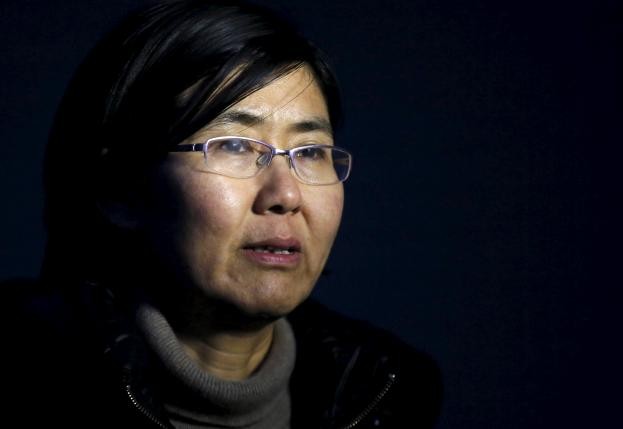National authorities on Sunday issued a rule designed to protect lawyers and allow them to practice freely, as well as prohibit public statements that might manipulate public opinion or pressure law enforcement.
The rule states that law enforcement authorities must protect lawyers' rights, especially the right to petition and get information, as well as other professional rights.
The rule was jointly announced by the Supreme People's Court, the Supreme People's Procuratorate, the Ministry of Public Security, the Ministry of State Security and the Ministry of Justice.
According to the rule, lawyers' request to meet with clients must be fulfilled within 48 hours, unless the case involves state security, major corruption or terrorism. Prosecutors and police must also listen to the opinions of lawyers before concluding investigations and reviewing death penalty cases by the Supreme Court.
Authorities have stated that they wish to improve mechanisms for lawyers, as well as establish a group of highly trained professional lawyers in the country, allowing for the implementation of law-based governance.
The Central Leading Group for Deepening Overall Reform adopted the guidelines on Sept. 15. The group is chaired by President Xi Jinping.
There are an estimated 270,000 lawyers in China.
Zhou Qiang, the top judge in the country, stressed the role of lawyers and their rights to the legal community in August, saying that lawyers' rights must be protected.
"If lawyers are in danger during a trial, judges and court police should act to protect them," said Zhou.
The new rule follows a controversial provincial guideline issued last week.
The Shaanxi Lawyers Association issued a guideline to police the behavior of lawyers on major and sensitive cases, mandating that lawyers must report to the lawyers association or the local judicial department within three working days of taking a major or sensitive case. The regulation also prevents lawyers from publicizing their opinions that might sway public opinion or law enforcement.
Lawyers say this order is a means to stifle freedom of speech.
The new rule also follows recent unconfirmed reports of human rights lawyers being forcibly abducted, with some pointing the finger at the government.



























